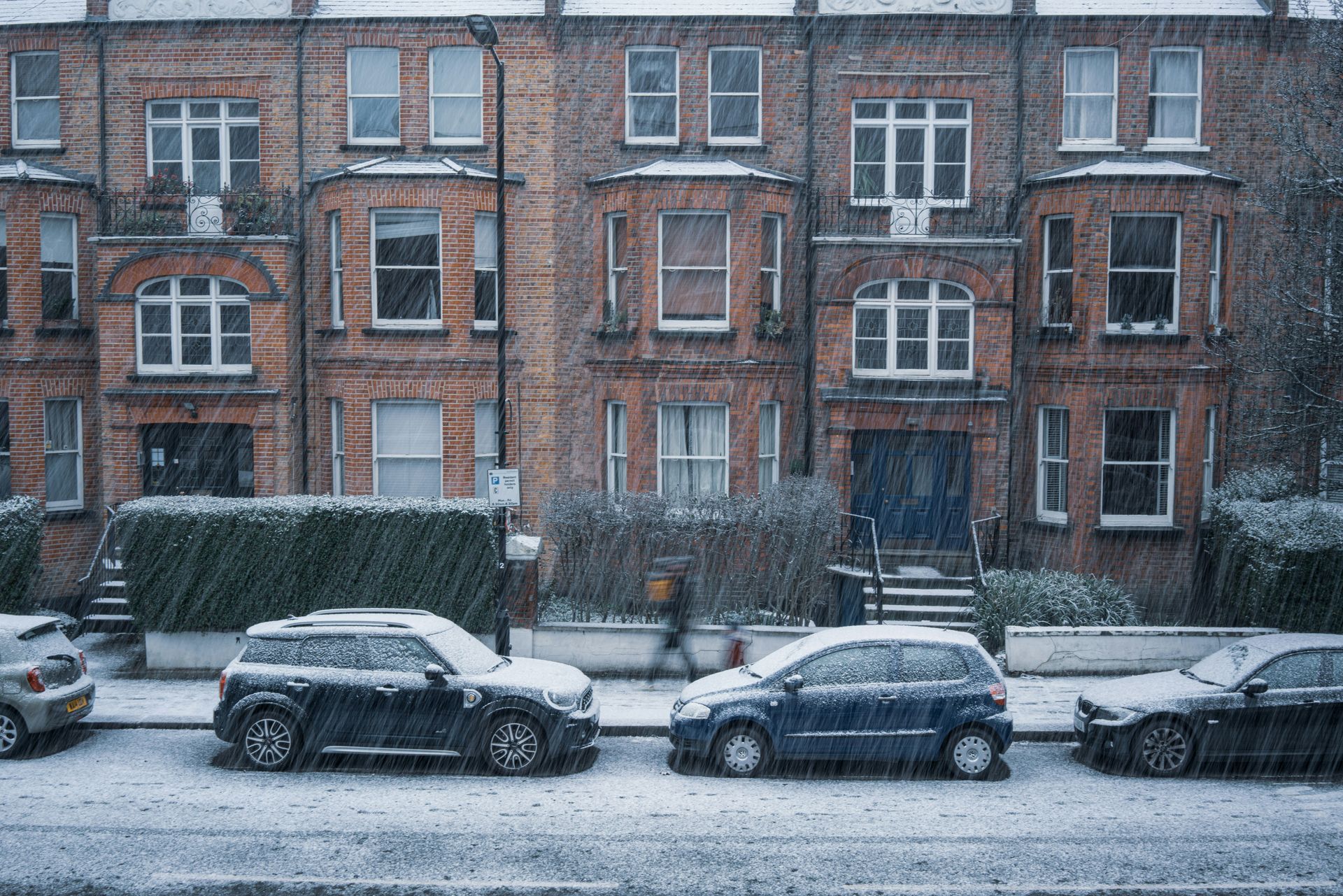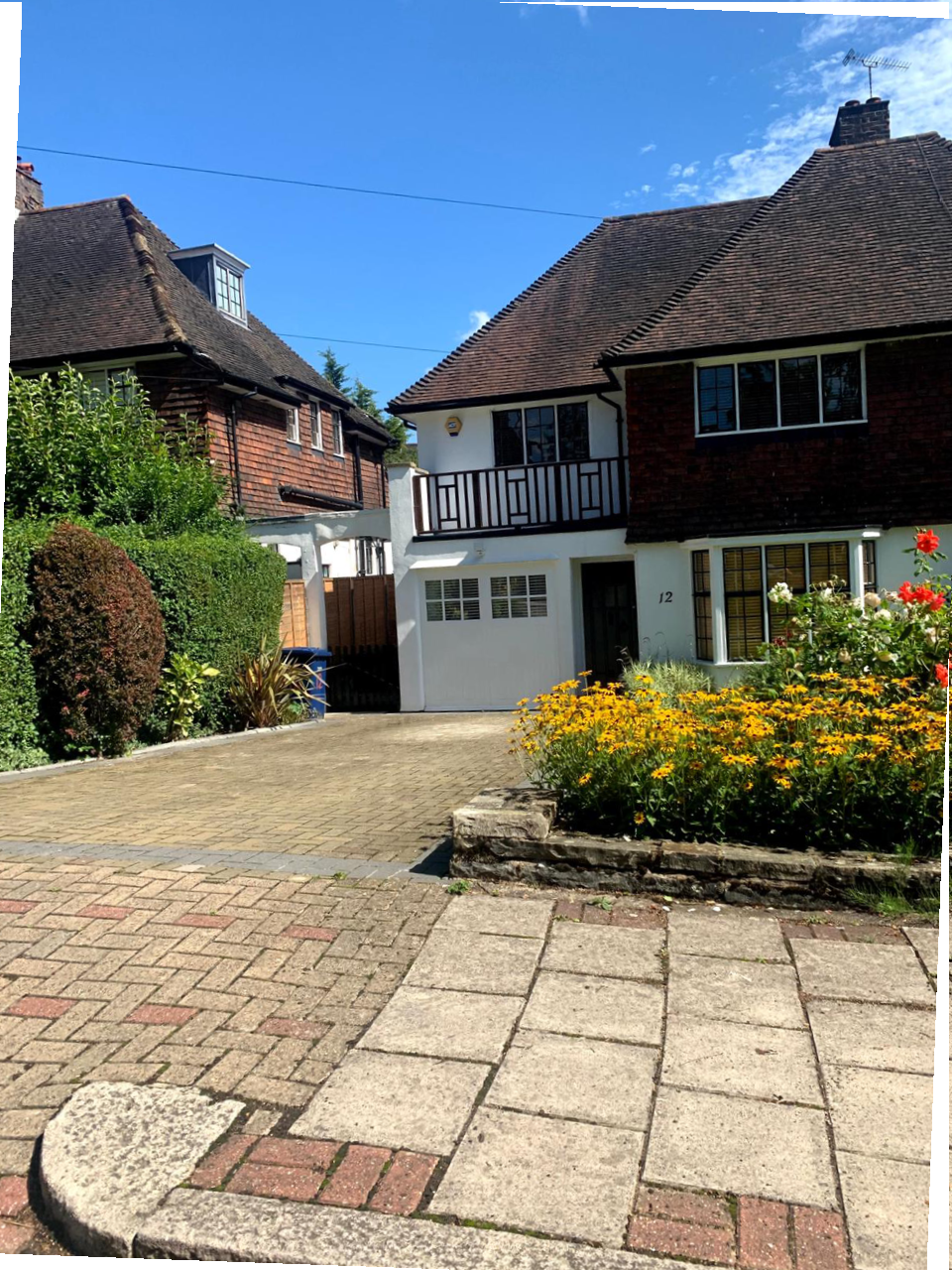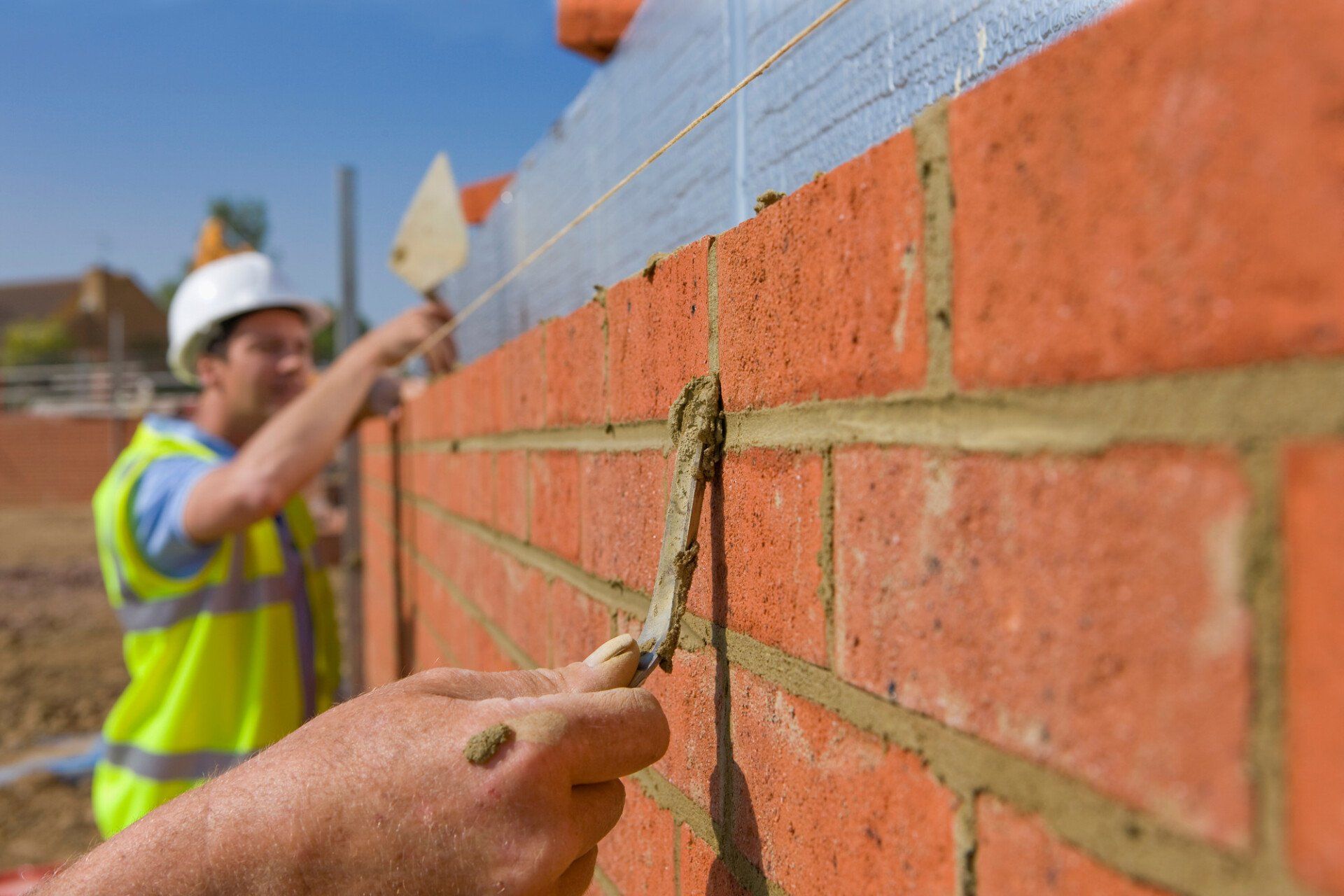How to Invoke the Party Wall Act and Can Surveyors Determine That It Doesn’t Apply?
The Party Wall etc. Act 1996 is a crucial piece of legislation in England and Wales that governs work on shared walls, boundary structures, and excavations near neighboring properties. Homeowners planning construction or renovation often face confusion about whether the Act applies to their project. Additionally, party wall surveyors play a key role in determining if the Act is relevant or not.
This article explores how to invoke the Act, the role of surveyors in assessing its applicability, and what homeowners should do if a dispute arises.
Understanding the Party Wall etc. Act 1996
The Party Wall Act was introduced to prevent and resolve disputes between neighbors regarding certain types of building work. It sets out legal obligations for property owners intending to carry out work that may affect a shared wall, boundary, or excavation near a neighboring structure.
The Act applies to three main types of work:
Party Wall Works – Altering, demolishing, or extending a wall shared with a neighbor.
Boundary Walls – Constructing a new wall on or near the boundary line.
Excavation Near Neighboring Properties – Digging foundations within three or six meters of a neighboring structure.
How to Invoke the Party Wall Act
If your planned work falls under the scope of the Act, you must follow a structured process to notify your neighbor and resolve any potential disputes.
1. Determine If the Act Applies
Before invoking the Act, homeowners should first determine whether their work falls under its provisions. Common examples include:
- Building an extension that involves modifying a shared wall.
- Removing a chimney breast from a party wall.
- Excavating for foundations within three meters of an adjoining property.
- Raising the height of a party wall or adding a new structure against it.
If you are unsure whether your project is covered by the Act, consulting a party wall surveyor is advisable.
2. Serve a Party Wall Notice
Once it is confirmed that the Act applies, the next step is to serve a formal Party Wall Notice to affected neighbors. This must be done at least two months before work on the party wall begins and one month before excavation work starts.
The notice should include:
- Full details of the proposed work (plans and descriptions).
- Start date of the construction.
- Your name and address as the building owner.
- A clear statement that the notice is being served under the Party Wall etc. Act 1996.
The notice can be delivered by hand, post, or email (if agreed by the neighbor). If the neighbor does not respond within 14 days, it is assumed that they are disputing the works, and a party wall surveyor must be appointed.
3. Get Agreement or Appoint Surveyors
Once the notice is served, the adjoining owner can:
- Consent to the work – No further action is needed.
- Dissent (Dispute the Notice) – A surveyor must be appointed to resolve the matter.
- Fail to Respond – Treated as a dispute, requiring a surveyor’s involvement.
If a dispute arises, both parties may appoint a single agreed surveyor or each appoint their own surveyor. These surveyors will assess the work and prepare a Party Wall Award, which sets out how the work should proceed.
4. The Party Wall Award
The surveyors prepare a legally binding Party Wall Award, which includes:
- Work details and conditions to protect both parties.
- Access rights for contractors.
- Schedules of condition reports documenting the existing state of the neighbor's property.
- Provisions for compensation if damage occurs.
Once the award is agreed upon, the homeowner can proceed with construction while following the surveyors’ recommendations.
Can Surveyors Determine That the Act Does Not Apply?
There are cases where a party wall surveyor may determine that the Act does not apply to a particular project. This decision is based on legal definitions and technical assessments.
1. Work Falls Outside the Act’s Scope
A surveyor may conclude that the Act is not applicable if the planned work does not affect a party wall, boundary, or excavation near an adjacent property. Examples include:
- Internal renovations that do not impact a shared wall.
- Building an extension entirely within your own property boundary without affecting shared walls.
- Excavations beyond six meters from the neighbor’s foundation.
2. The Property Is Detached
If the building is fully detached and there are no shared structures, the Act is unlikely to apply. However, excavation work still needs consideration if it is close to a neighboring structure.
3. Minor Work Exemptions
Some minor works are exempt from the Act, such as:
- Drilling into a party wall for shelving or minor fixtures.
- Replastering or decorating a party wall.
- Repointing brickwork without structural alterations.
If a homeowner serves a Party Wall Notice for work that falls under these minor categories, a surveyor can assess and confirm that no formal notice or agreement is required.
4. No Notice Was Served, but the Work Is Lawful
In some cases, a neighbor might object to work they believe falls under the Party Wall Act, even when it does not. A surveyor can step in to review the plans and confirm whether the homeowner is legally required to serve notice. If the work is permitted without invoking the Act, the surveyor’s decision can prevent unnecessary disputes.
What Happens If the Act Is Wrongly Invoked?
If a homeowner mistakenly serves a Party Wall Notice for work that does not require it, the adjoining neighbor may dispute it unnecessarily. This can lead to:
- Unnecessary surveyor fees.
- Delays in construction.
- Potential legal disputes.
- To avoid such issues, it is best to consult a qualified party wall surveyor before serving notice.
Key Takeaways
- The Party Wall Act applies to shared walls, boundary structures, and excavations near neighboring properties.
- Homeowners must serve notice at least two months before work begins.
- If a dispute arises, party wall surveyors assess the situation and issue a Party Wall Award.
- Surveyors can determine that the Act does not apply if the work does not affect shared structures or falls under exemptions.
- Consulting a surveyor before serving notice can prevent unnecessary disputes and legal complications.
By understanding how to invoke the Act and when it does or does not apply, homeowners can ensure smooth project execution while maintaining good neighborly relations.
For friendly professional advice, contact us or call now and speak with a specialist Party Wall Surveyor.








